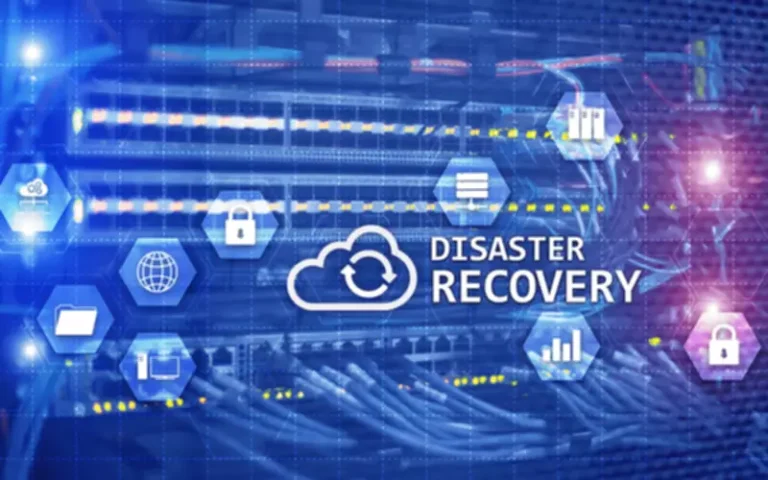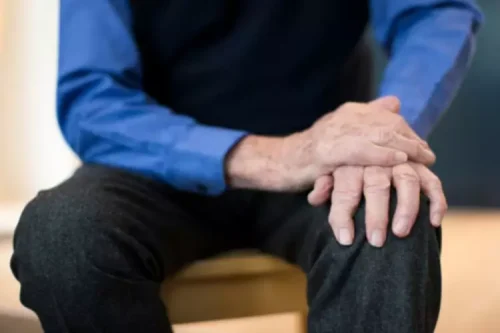
The feeling can be especially noticeable around the holidays, Valentine’s Day, birthdays, and times of extreme stress. People are often surprised how much harder it is to make friends as an adult. When you’re younger, you’re around other people your age every day in school and other activities.
Practice mindfulness
At Fountain Hills Recovery, we specialize in treating mental health, addiction, and substance use disorders. We address various issues such as mental health, behavioral health, addiction, and eating disorders. Our therapy options include EMDR, trauma therapy, group therapy, family therapy, adventure therapy, art therapy, equine therapy, meditation, and yoga therapy. If you or a loved one is struggling with loneliness in recovery, reach out for help, and take steps today to connect with those around you.
Conceptualization of social isolation and loneliness
Sometimes just “getting out there” and meeting other people isn’t enough. It’s possible to still feel lonely when you’re around them, which could actually be a sign of depression or social anxiety. If this is the case for you, it may be a good idea to seek psychotherapy to help with feelings of loneliness, especially if you also feel other symptoms of depression. Another reason you may be feeling lonely is that you may have alienated some of your friends and family when you were actively addicted. If you’re feeling lonely, that may be an indication that it’s time to start mending those relationships. Reach out to the people you’ve wronged and who you want back in your life.
- Chance is, many of them are also struggling with disconnection and loneliness.
- This article discusses why loneliness appears, its dangers, and how to manage these feelings in beneficial ways.
- It’s well known that feelings of loneliness can be significant during the early phase of recovery, and this state of mind could trigger a relapse.
- Look for events at local libraries, public parks, or houses of worship.
How Do You Make Friends When You’re Sober?

To refine our screening process, we defined individuals experiencing homelessness as those lacking stable, safe, permanent, and appropriate housing, or the immediate means and ability to acquire such housing [25]. This definition encompasses individuals who are marginally housed or at high risk of eviction, including individuals who are „doubled up,“ couch surfing, or living in overcrowded conditions [26]. The search strategies had a broad range of subject headings and keywords, adapted for each database, for the two core concepts of SIL and homelessness or social housing, combined with the Boolean operator AND.
The Role of Trauma and Mental Health in Addiction
This article discusses why loneliness appears, its dangers, and how to manage these feelings in beneficial ways. Experienced Chief Executive Addiction Recovery and Mental Health Professional Business professional in the Addiction Recovery and Mental Health industry for the past 26 years. Caring, compassionate and strongly motivated to make a difference in the organizations I am affiliated with and welfare of the population we serve. Currently focused on advocating, educating and developing projects leveraging evidence based, real time technology to support individuals in recovery.

Men Much More Prone to Drug Overdose Death Than Women
Since these feelings often run very deep, it is important to talk to family and friends who are supportive of you as well as your counselors, recovering peers, and even your sponsor if you work a 12-step program. These people can help you identify the feelings, emotions, and triggers that lead to you feeling lonely. When first introduced to a drug rehab program, it’s normal to feel lonely. The people and friends who enabled your substance abuse are suddenly gone.
- However, people at work have their own lives and concerns and you may or may not have any points of connection.
- The results from all searches were imported to Covidence systematic review software, where duplicates were removed.
- We are committed to empowering lives and creating change through personalized recovery plans that address the physical, emotional, and psychological aspects of drug and alcohol addiction.
- Studies have shown that loneliness is linked to a greater likelihood of high blood pressure, diabetes, depression, and psychological distress.
- The endorphins your body releases will make you feel better naturally.
How to Handle Loneliness in Addiction Recovery
You can also volunteer your time to help others and in turn feel more connected to your community. If you just need a good cry, watch a tearjerker to give you that outlet. If the feelings are tied to a specific circumstance, talk with a trusted loneliness in recovery friend to help you process your emotions. (Bonus points if that friend lets you cry on their shoulder.) The key is to allow yourself to feel your feelings, and then find ways to move forward — perhaps with the help of that friend.
Finally, remember the three Ps to help you find balance and joy in your sobriety. You can build a meaningful life in recovery with these strategies. Follow the tips outlined in this article to start overcoming extreme isolation and loneliness.

An essential part of recovery is having a solid support system of family members, close friends, and loved ones to help you through tough times. Talking openly about how you’re feeling can help alleviate stress and anxiety. Recently, a friend of mine who is a primary care physician was trying to encourage their patient to quit smoking. “Every time I open a pack of cigarettes I have 20 friends.” This sentiment, that a person’s https://ecosoberhouse.com/ addiction offers a (false) semblance of companionship, is a common one. Note the well-worn phrase, “His only friend is the bottle.” Loneliness finds its way into many different kinds of addiction, and addiction can be both a source and a result of loneliness. Even things that aren’t typically considered “addictions,” like over-eating and excessive social media use, are often seen through the lens of loneliness.
Why Cannabis Is Not a Good Treatment Option for Anxiety
Connecting with others provides the emotional support you need to navigate the recovery journey. The prevalence of SIL varied from 25% to more than 90% across studies included in this review. Based on LSNS risk categorizations, Drum and Medvene [66] found over one-quarter (25.8%) of participants were categorized as being socially isolated and nearly one in five (19.4%) as being at high risk for social isolation. In a study with 1,306 socially marginalized people recruited at shelters and drop-in centres in Denmark, more than one-quarter (28.4%) reported often unwillingly being alone [74]. Bige et al. [56] found that more than 90% of 421 people experiencing homelessness were socially isolated. When people feel lonely for a prolonged period, it can lead to feelings of isolation and even result in depression.












